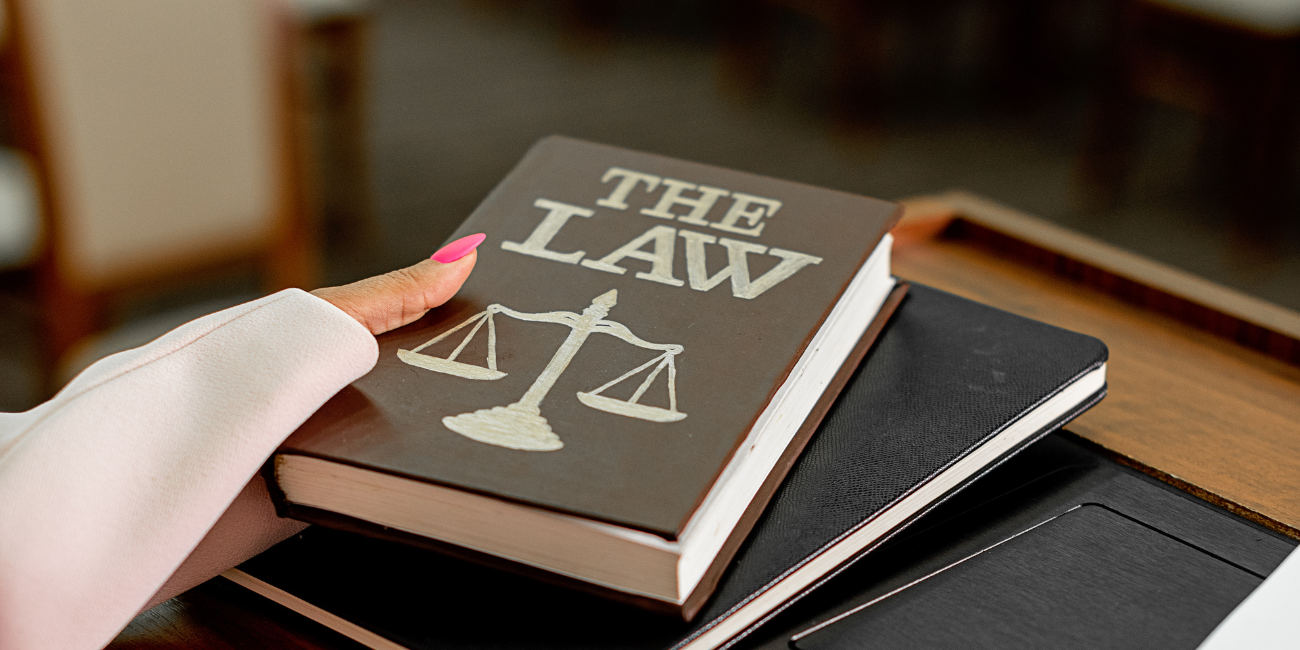
Introduction
The Indian Penal Code (IPC) lays down the legal framework for dealing with offenses committed by individuals across different age groups. When it comes to juvenile offenders, those below the age of 18, the legal system faces a unique challenge – how to strike a balance between rehabilitation and punishment. This article examines the delicate interplay between the IPC and juvenile offenders, focusing on the contrasting approaches of rehabilitation and punishment, their underlying philosophies, and the need to ensure justice and reform for young offenders.
Understanding Juvenile Offenders
Juvenile offenders represent a distinct category within the criminal justice system due to their age and developmental stage. Recognizing their immaturity, vulnerability, and the potential for positive change, the law approaches their cases differently than those involving adult offenders.
Rehabilitation: A Focus on Reform
The concept of rehabilitation places emphasis on the potential for change and growth in juvenile offenders. Instead of punitive measures, the focus shifts toward providing guidance, education, and counseling to address the underlying causes of their criminal behavior. Key aspects of the rehabilitation approach include:
1. Juvenile Justice Act, 2015: The Juvenile Justice (Care and Protection of Children) Act, 2015, emphasizes rehabilitation and social reintegration of juvenile offenders. It aims to protect their rights, ensure their welfare, and provide opportunities for education and skill development.
2. Counseling and Psychological Support: Rehabilitation involves addressing the psychological, emotional, and socio-economic factors that contribute to juvenile delinquency. Counseling and therapeutic interventions are central to this approach, aiming to help young offenders understand the consequences of their actions and make positive changes.
3. Skill Development and Education: Providing education and vocational training equips juvenile offenders with essential life skills, increasing their chances of reintegration into society and reducing the likelihood of recidivism.
Punishment: Balancing Accountability and Deterrence
While rehabilitation focuses on reform, the concept of punishment acknowledges the need for accountability and deterrence. The idea is not to treat juveniles as miniature adults but to hold them responsible for their actions while considering their age-related vulnerabilities.
1. Principle of Deterrence: The punitive approach suggests that holding juveniles accountable for their actions serves as a deterrent against future criminal behavior. It sends a message that consequences will follow unlawful actions, encouraging them to make responsible choices.
2. Serious Offenses and Public Safety: In cases of serious offenses, where the safety of the public is at stake, a punitive approach may be considered to protect society from potential harm caused by juvenile offenders.
Balancing the Two Approaches
The crux of the debate lies in striking a balance between rehabilitation and punishment. The legal system must consider the severity of the offense, the age and maturity of the offender, and the potential for reform. In instances where rehabilitation seems viable, it should take precedence to provide a path toward reintegration and growth. However, for grave crimes, a punitive approach might be necessary to ensure justice and protect society.
Conclusion
The dichotomy between rehabilitation and punishment in dealing with juvenile offenders reflects the complexities of the justice system’s responsibilities. As society evolves, our understanding of human development and behavior deepens, prompting us to seek methods that foster positive change rather than perpetuate a cycle of criminality. The Indian Penal Code, along with the Juvenile Justice Act, strives to balance these conflicting approaches to ensure that young offenders are treated justly and given an opportunity for redemption, while also holding them accountable for their actions. In the end, the ultimate goal remains the holistic well-being of the juvenile offender and the society they are a part of.
If you want to be a judicial officer and are looking for RJS coaching in Jaipur, here, at Jyoti Judiciary we provide comprehensive study material to make your preparation solidified and top-notch. From preliminary mock tests to mains answer writing sessions every material required for clearing the exam is provided. We have separate legal current affairs classes, legal general knowledge, and current affairs classes all in one-time enrolment. Hurry up.









